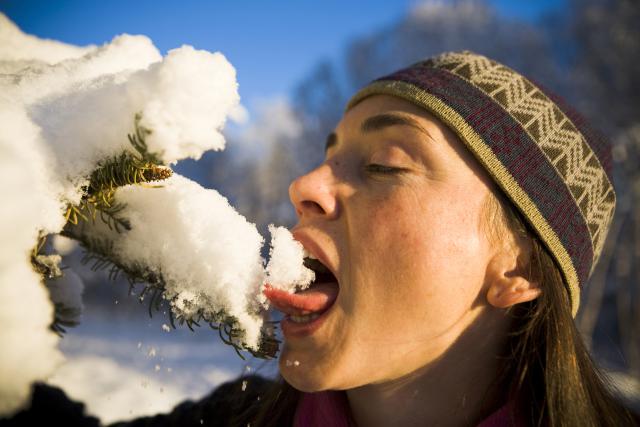
According to Environmental Science, consumption of any type of snow should be avoided due to the fact that it acts as a sink for tiny particles that are primarily found in car exhaust fumes.
Eating snow is essentially eating a pollution-flavored popsicle that still has the adverse effects of the harsh chemicals that car-exhaust fumes contain.
- You might also like: Brain Post: How Big is Your Blind Spot?
Air pollution is a silent killer that accounts for the cause of 3.3 million deaths per year throughout the world from the inhalation of toxic, near invisible particles. China accounts for 1.4 million of those deaths due to the poor air quality and suffocating smog that plagues the region. The World Health Organization is currently declaring man-made pollution as a global “public health emergency” due to the worsening conditions.
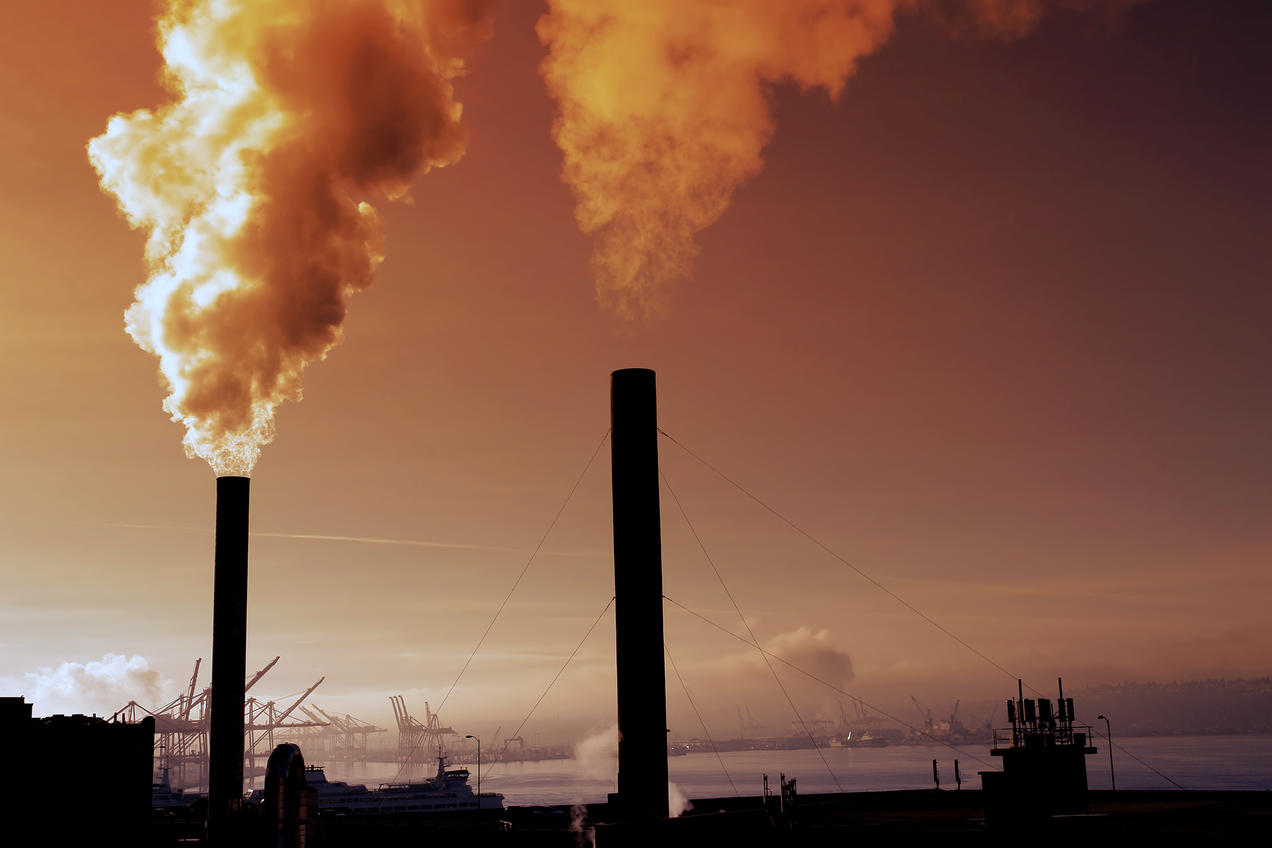
It is crucial for scientists to identify how pollutants penetrate the snow and how those pollutants affect the human population. To perform this task, a group of researchers from McGill University in Montreal, Canada set out to study and find out how pollutants are absorbed into the snow and snow’s ability to do so.
- You might also like: Brain Post: Why Do Leaves Change Color in the Fall?
The team used a “snow chamber,” where a range of snowy conditions were simulated while pollutants were mixed into the chamber to measure how much of the pollutants were absorbed by the snow. Organic carbon, along with levels of toxic pollutants, including benzene, toluene, ethylbenzene, and xylenes within the snow were measured before, during and after each experimental run to determine the number of pollutants that were absorbed by the snow.

- You might also like: Brain Post: 10 Powerful Reasons BEER is Good for You
The study revealed that from just one hour of exposure, the levels of pollutants within the snow increased dramatically, with toxic particles becoming trapped within the small ice particles or dissolved within the pockets of melted snow. This study has sufficient evidence for the fact that snow if an effective “sink” for pollutants. Also, when the snow melts, it is suspected that the pollutants remain in the meltwater or escape back into the air. This article shouldn’t hold you back from participating in winter activities that involve snow, it should just remind you not to consume snow.


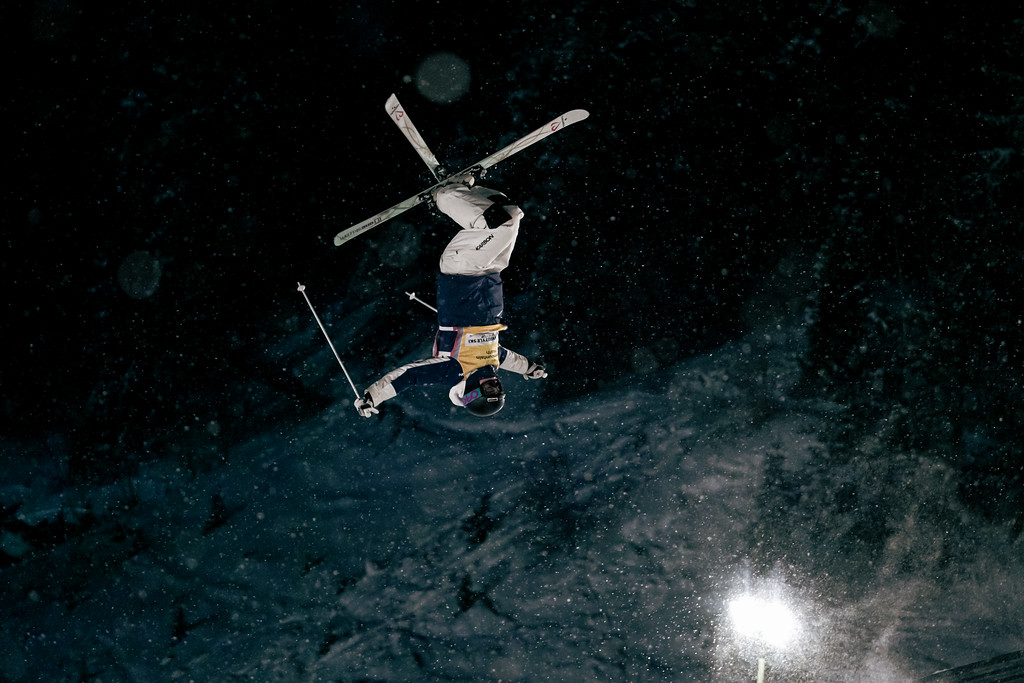

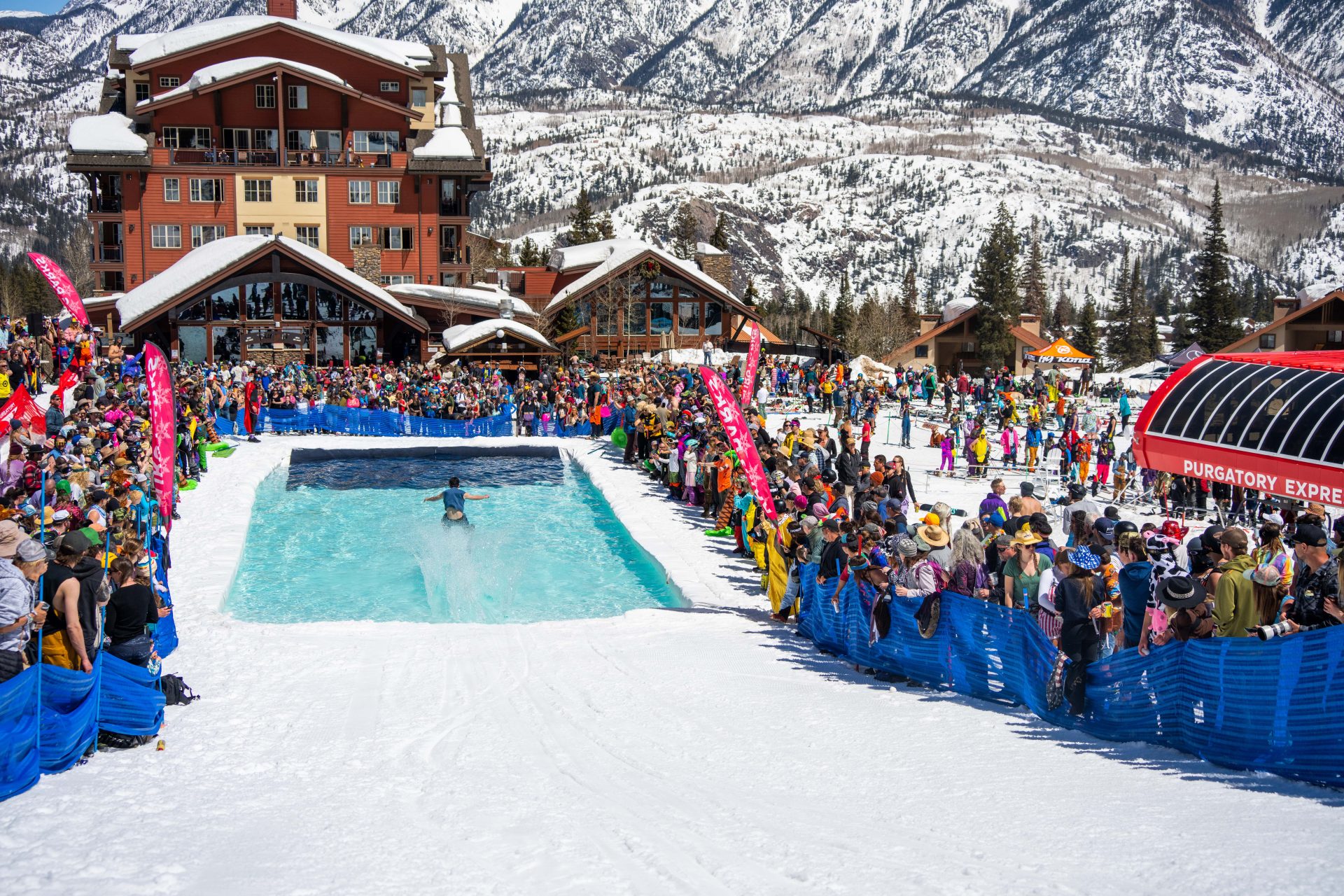
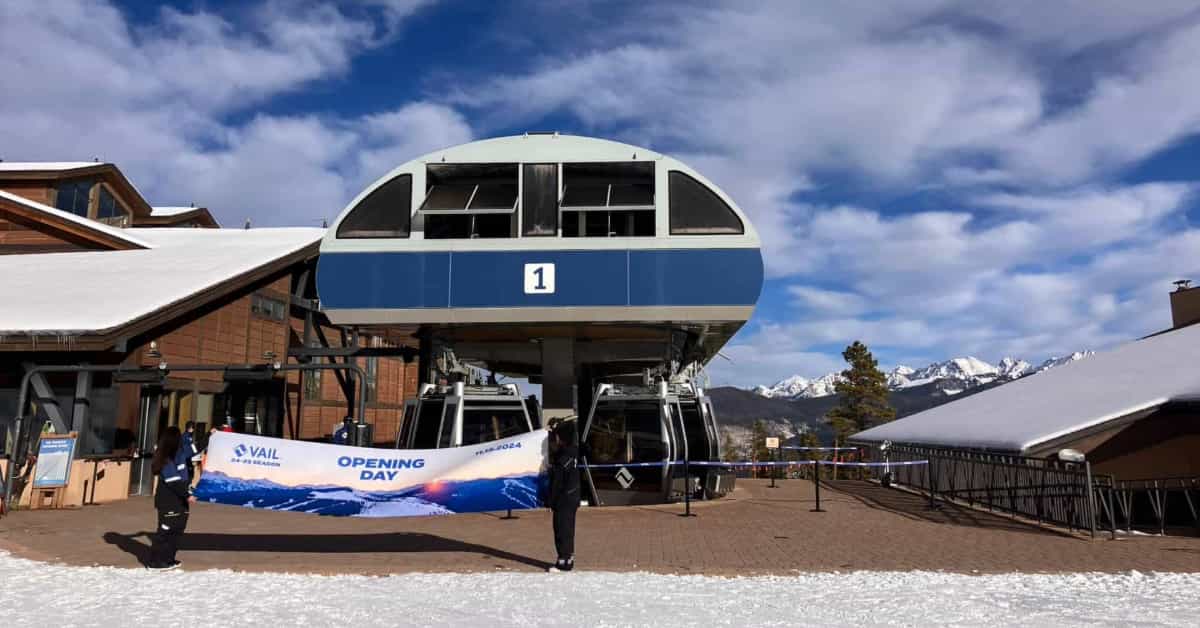
Please take down this article and stop writing false, clickbait, fear mongering content. As someone who studies aerosol pollution, I can say that the premise and conclusions drawn by the author (not the scientists) are completely incorrect
ya as an atmospheric scientist studying pollution I can say this is total bs
I am missing the scientific research that backs this up. Is there a link to “the study”? Was it done in an urban environment? How far do the contaminants travel from the road or is this evenly distributed across the entire US (doubtful)? What constituents and concentrations were found in the snow of the Sierra Nevada. This article should be removed. It is misleading. Here is an article on a study done in the Sierra Nevada.
https://doc-10-2k-apps-viewer.googleusercontent.com/viewer/secure/pdf/42i0pfe3qudvlfheggti23s791mrvuon/bf34s64ijsckht5knnilf7p0p7b8pvrs/1587680250000/gmail/11373683802570550773/ACFrOgDaVQwuInYeRCMRzpgjhimOG_GVBeJSnDH-gBbarAm4QA89WKe7nncq3s7uA15E8J6-WFxajAEyigS01NWnxGWE0oyFaoo1f7qpILCDepVoQHuRqGp0unM2DHA=?print=true&nonce=5n4l2ctctuhls&user=11373683802570550773&hash=11povusogs25oura5crmctsnebce9t6b
Agreeing with Jesse Z. As stated, the study was only to “find out how pollutants are absorbed into the snow and snow’s ability to do so”, so to conclude that everyday snow on the ground has sufficient pollutants to harm you is a bit of a leap. Considering many municipal water supplies are directly sourced from rain and snow, if these pollutants were found in harmful quantities, shouldn’t the article be titled “Why you should never drink tapwater”??!! I mean… how much snow are people eating that it’s an actual concern?
More ridiculous pop science and media paranoia. They manipulated the results by using a “snow chamber” where they injected chemicals, rather than testing real, genuine, actual snow in nature. The media have us afraid of sunshine and now of snow. And really folks, how much snow will you ever eat in your life?
Nice to see some scientific research back up what I have believed for a long time. Haven’t eaten snow in a decade for what I believed to be polluted snow due to our west coast weather picking up that very soup generated across the Pacific, nice to have the data to back it up !!